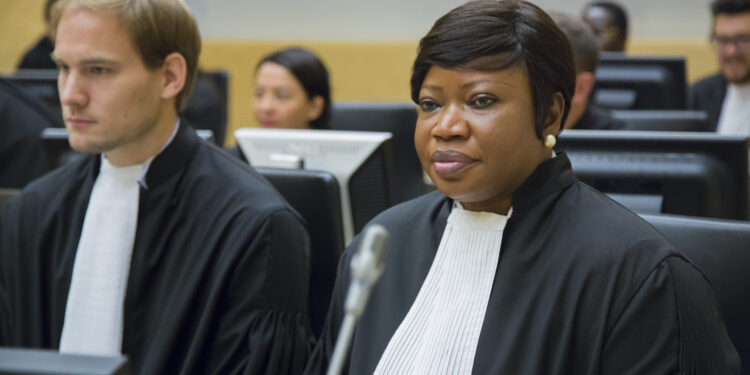This time states wanted to do things well. In the past, the appointment processes of high international justice officials have often been criticized as opaque, interest-driven, behind-closed-doors dealing, horse-trading and an exchange of posts and favours. The selection process for the third ICC Prosecutor was meant to be exemplary: merit-based, transparent and independent.
After many months of job application procedure, the process is now often informally described by professional observers as a circus, farce or tragicomedy. It is even on the record in an official document of the Bureau of the Assembly of States Parties (ASP) issued at a moment of impasse in the process where it says: “This way forward shall not be seen as a precedent for future Prosecutor elections or other Assembly processes.”
What went wrong? The Bureau of the ASP tasked a Committee on the Election of the Prosecutor (CEP), chaired by Sabine Nölke, former ambassador of Canada to The Hague, with making a pre-selection. The diplomats were assisted by a group of experts from the field, like the lawyer for victims Francisco Cox.
They came up with a list that raised many eyebrows.
The “usual suspects” _ candidates with long-standing experience in the field of international criminal justice _ that all insiders had expected to be on the list were not there. In fact, the Nölke Committee had decided that it was time for “fresh blood”. Thus it deviated from the official terms of reference for the search task. The Nölke Committee added the additional criterion after informal conversations with state representatives _ without documenting how many and with which mandate.
There are situations where fresh blood can be useful for an organization, when new ideas are needed, when people have worked for many years in their daily routine in an institution without seeing its deficiencies any more. But whereas this certainly also applies to the ICC and changes are urgently needed at the dysfunctional court, according to many observers, the court now needs someone with some intimate knowledge of its inner workings to be able to quickly identify things that need to be changed at the Office of the Prosecutor (OTP), not someone who, as a newcomer, can be misled by smokescreens from the vested actors. And externally, the court needs someone with experience with international relations, used to dealing with diplomats, in order to be able to mobilise the support of states parties in the face of threats from hostile powers in Washington and Jerusalem.
In the past states have tried to [s]elect a new Prosecutor by consensus, to demonstrate joint strong support for the successful candidate. This time round, in spite of months of talks, no consensus emerged on any of the shortlisted candidates. Finally, it was decided to open up the process to the other 10 candidates who had made it to the Nölke Committee’s longlist of 14. They were asked if they were interested in rejoining the race. Five of them said yes. They are:
Carlos Castresana Fernández (Spain), Prosecutor of the Spanish Court of Auditors;
Karim A. A. Khan (United Kingdom), Special Adviser and Head of the Investigative Team to Promote Accountability for Da’esh/ISIL crimes (UNITAD);
Francesco Lo Voi (Italy), Chief District Prosecutor in Palermo, Sicily;
Robert Petit (Canada), Senior Official at the United Nations Follow-on Mechanism for the Democratic Republic of the Congo; and
Brigitte Raynaud (France), Substitut général at the prosecution of the Paris Court of Appeals.
Other candidates chose not to rejoin the race for different reasons. There was dissatisfaction about the selection process where the rules of the game were changed when the game had already started. And there were frictions and frustrations about allegations of misconduct from the MeToo movement, that were uttered, but not substantiated with concrete evidence. But still, the allegations of harassment were the talk of the town while candidates could not defend themselves because no names were officially and publicly put forward.
No consensus on who may become the third ICC Prosecutor has emerged with less than a week before the start of the ASP’s annual meeting. It starts on December 14 in The Hague and will run until December 16. It will then continue on December 17 in New York and is scheduled to conclude on December 23. Many diplomats do not expect a candidate to be elected this month. They believe a compromise candidate may be found during another session in January or February next year.
The term of the current prosecutor, Fatou Bensouda, ends in June next year.







